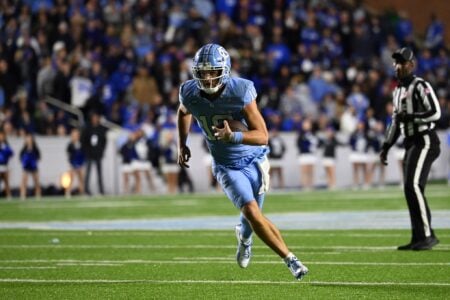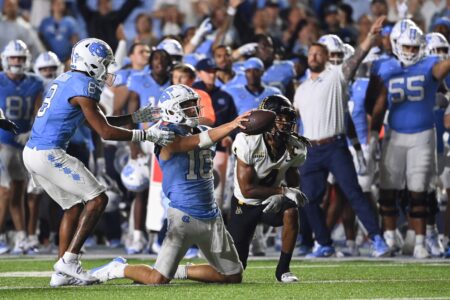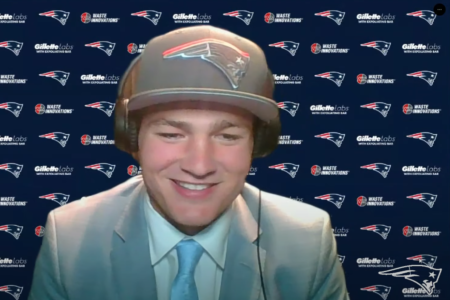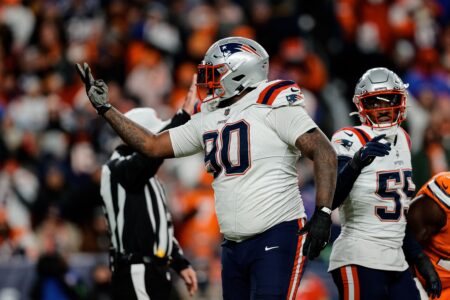maineman209
Veteran Starter w/Big Long Term Deal
- Joined
- Mar 8, 2017
- Messages
- 9,642
- Reaction score
- 20,258
Just like Lewis, Cooks, and Amendola were replaced by inferior players.
I guess it always bears repeating that the Pats are constrained by an externally imposed budget and head count limit that need to be carefully managed in coordination, and with consideration for future "indebtedness" and future ROI. Which is just a fancy way of saying that the team simply can't afford to keep and pay everyone's favorite players ad infinitum.
I'm disappointed that the Pats couldn't keep DLew and Danny, but I accept the reality of the circumstances as I do with Cooks' departure. WRT their "replacements being inferior", I can't even comprehend how that statement works at all. DLew, Danny and Cooks were/are unique in how they played and in what their roles were, so I don't see how there's any one-to-one correspondence with any new Pats players and their roles on which to base any superior/inferior judgement to begin with.
I suppose the closest one might get to a one-to-one comp is to assume that Hill and Michel "replaced" DLew. But neither of them even come close to being the same "type". Neither has the same running style (both are more about power than elusiveness), and neither has the receiving chops. Nevertheless, Michel is producing more rushing yards per game, when available. And, of course, we'll probably never know how much Hill may have contributed, since he went on IR almost immediately after the season began.
Yeah, yeah ... "Injury prone! Should have known!" Seriously, anyone who think that the Pats should have foreseen Develin rolling up on Hill's leg is ascribing god-like prescience to them that no human being has ever possessed and then trashing them for not actually posessing it. This is probably the ultimate straw-man argument.
Burkhead probably comes closest to DLew in overall skill set, but he's still more power-oriented than elusive. No, he wasn't as productive last season as DLew, but then, he was behind DLew. Of course, Burkead has also been injured missed 21 games so far in his first two seasons. But then, DLew also missed 21 games (regular & post-season) in his first two seasons with the Pats.
It's much more difficult for me to discern any one-to-one replacement correspondence for Cooks and Danny.
It sometimes seems like the Pats are using Gordon in Cooks' 2017 "deep threat" role, although, again, two different types of players. There's a parallel there to Cooks taking over the "deep threat" role that Hogan performed (very well) in 2016. As far as I can see, their only point of overlap is in how they've been deployed a lot of the time (though not all of the time). I don't know how to make any superior/inferior judgement from that especially considering that Gordon probably hasn't had enough time (in seven games played) to have run all the route combos or experienced all the sight-read adjustments more than once under game conditions.
WRT, Danny ... I suppose the closest in 2018 in terms of the types/depths of routes he's been running so far this season is Dorsett. But that's a pretty small sample size, and, again, pretty much their only point of overlap. I mean, folks can criticize Dorsett for not having Danny's "clutchness" (as if anyone ever will), but has Dorsett really even been tested yet? How can we know until he has been? Meanwhile, Dorsett has been catching 83% of everything thrown his way this season - with 14 1st-downs and 2 TDs in 25 catches - so it seems to me that he might have the potential for some degree of "clutchness". We just need to wait and see. But then, patience has never been considered a virtue on this forum, has it?

















